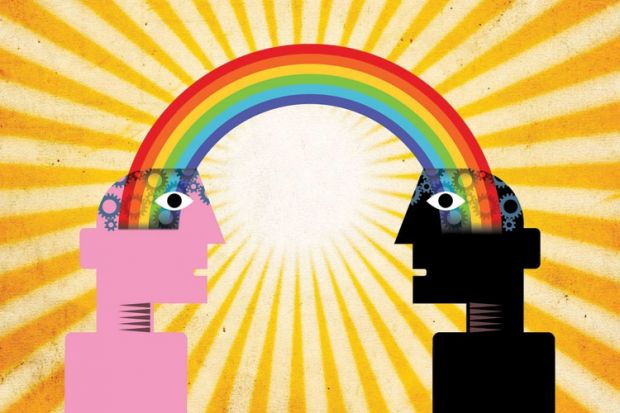Back in Europe after a three-month stay in South Africa, I keep having to answer a pair of related questions: (1) What was it like? (2) Did I enjoy myself?
Sometimes I am not sure if people are really that interested in the answers. They know that I was away and so they ask what they are obliged to ask. Unfortunately, even if my interlocutors are just being polite, I keep thinking that I have to give a serious answer. It is part of my job now, especially since I am responsible for a research and teaching unit that includes South African literature under its remit. What was – and is – it like?
In a recent Times Higher Education article I mentioned the prevalence of violent crime, the ubiquity of razor wire and corruption. But that is only a small part of South Africa today. My wife, an Englishwoman, did not want to leave. Among other things, it is a place where it is very easy to make friends, and even to make friends across the divides of race, caste and wealth that still define everyday life in the country.
But not only is it my job to try to figure out how to explain South Africa, it is also for me to figure out how to talk about enjoyment. I do research into the nature of consumer culture.
I have tried to speak authoritatively about what it means for so many of us to live in a world where being a consumer seems to be more important than being a citizen. When I am asked if I enjoyed myself in South Africa, however politely, I am being asked, in effect, how in my capacity as a consumer-tourist did I experience the place?
And the answer, it is hoped, will be equally in the mode of consumerist discourse: “I had a great time!” Tales of zebras and giraffes, of beaches and beer, of cabarets and cocktails to follow.
Meanwhile, at the institute where I studied, virologists were looking for an HIV vaccine and clues about the origins of life, plant biologists were looking for better kinds of grain to grow in African soil, anthropologists were investigating the illegal worldwide trade in human organs and humanists were discussing the future of African culture.
Well, we had a great time. But experiencing first hand, across the disciplines, the idealism, dedication and honesty inherent in academic study was the most important part of my trip.
I also saw four brilliant performances in Cape Town theatres where the message was always, on the one hand, that South Africa had to come to terms with its past and, on the other, that there was no way forward but through continued reconciliation. I heard local poets bitterly complain about the present, but doggedly pant for progress.
And I met Njabulo Ndebele, one of South Africa’s most acclaimed writers. He had once been an ardent anti-apartheid activist and part of the Black Consciousness Movement. For years he had been forced into exile by the apartheid government. But all that is over now. “I’m no longer interested in being a black man,” he told me. “I’m interested in becoming a human being.”
Register to continue
Why register?
- Registration is free and only takes a moment
- Once registered, you can read 3 articles a month
- Sign up for our newsletter
Subscribe
Or subscribe for unlimited access to:
- Unlimited access to news, views, insights & reviews
- Digital editions
- Digital access to THE’s university and college rankings analysis
Already registered or a current subscriber? Login

